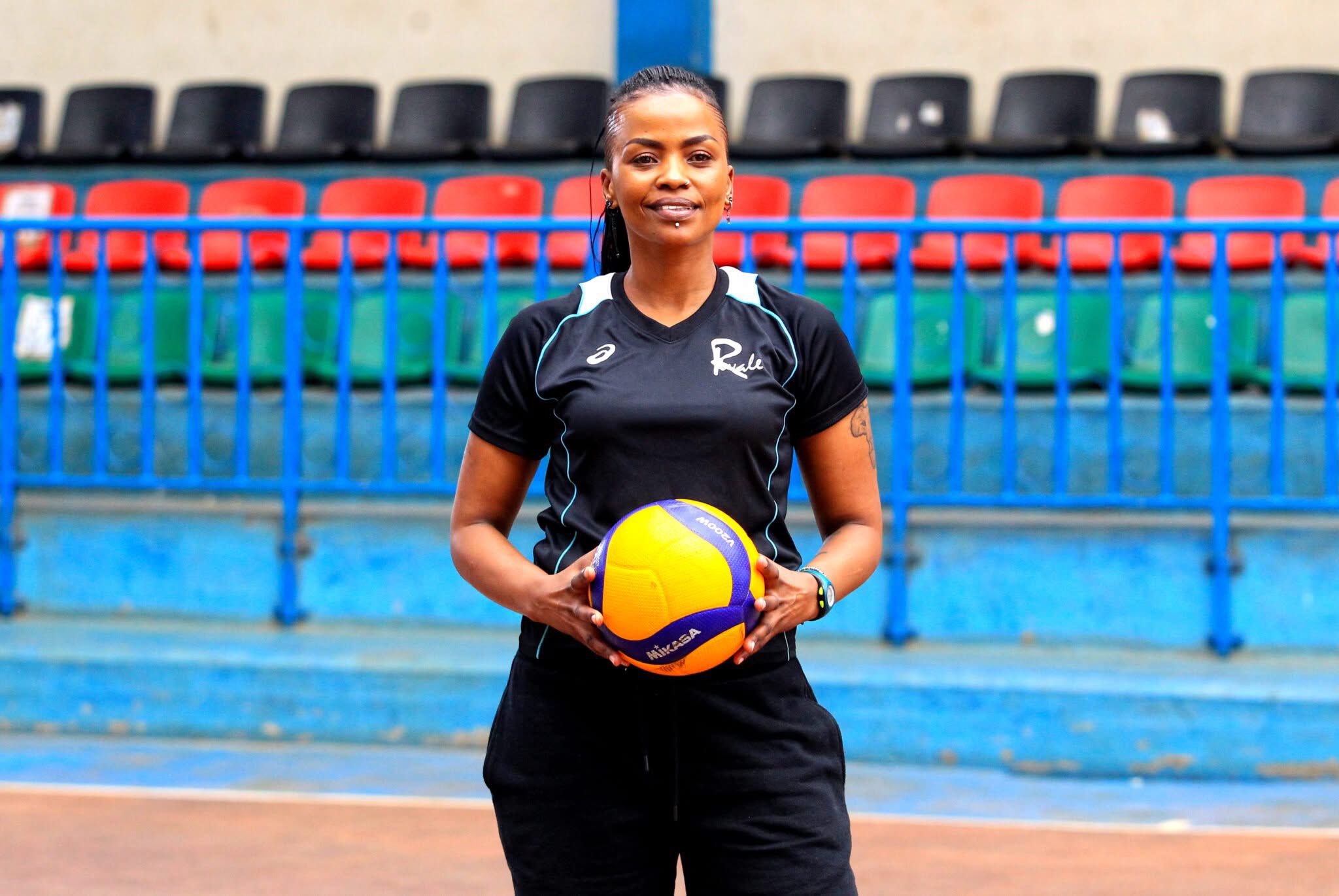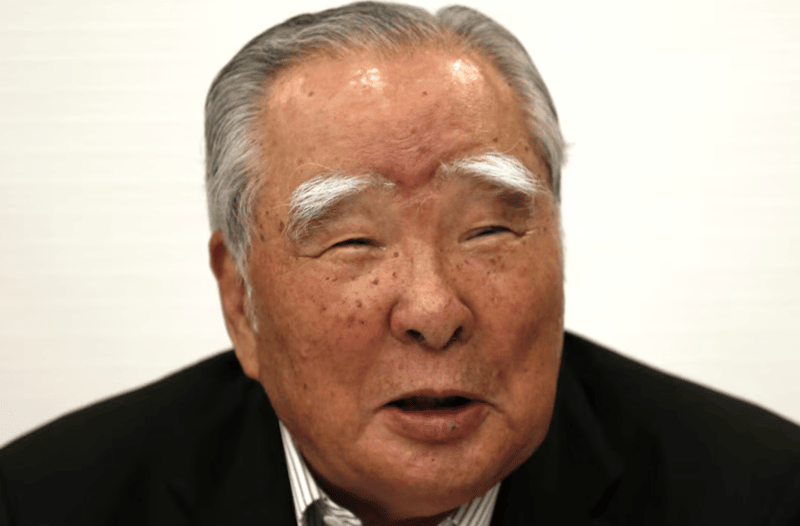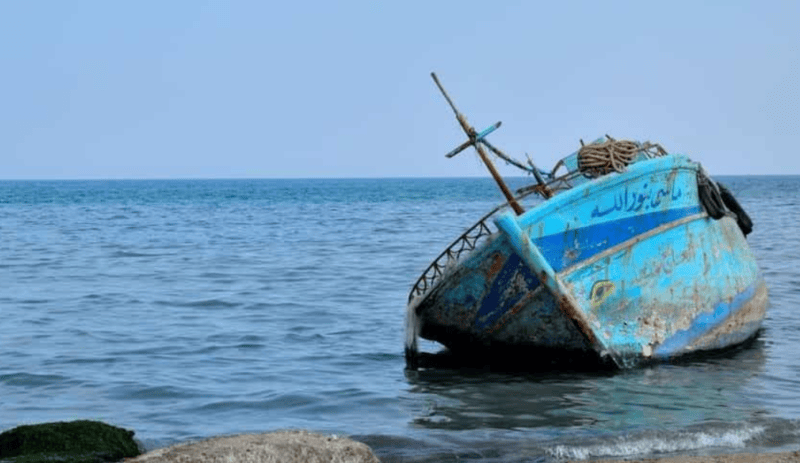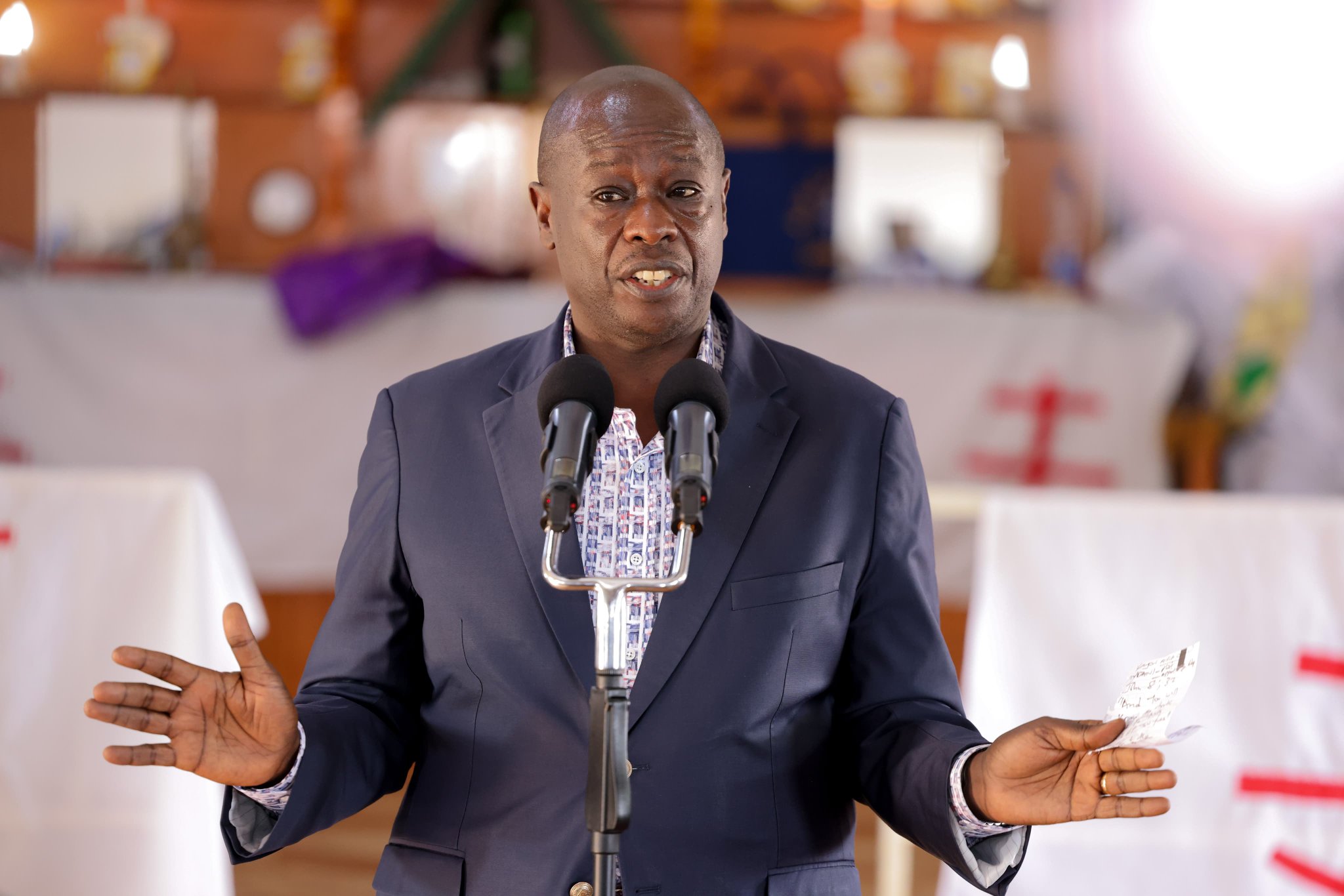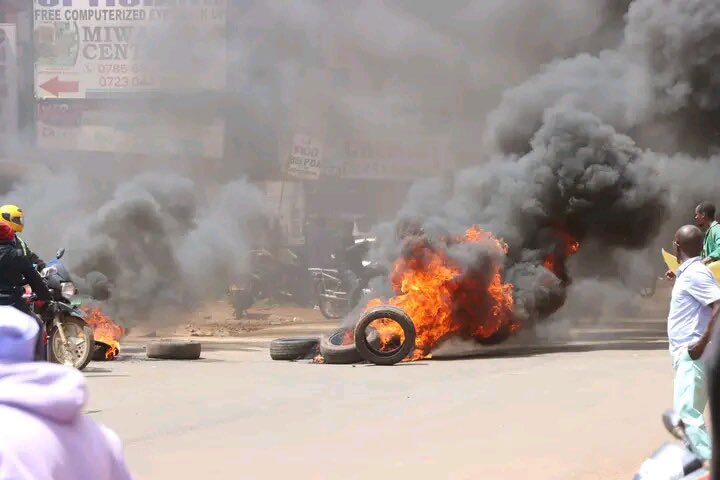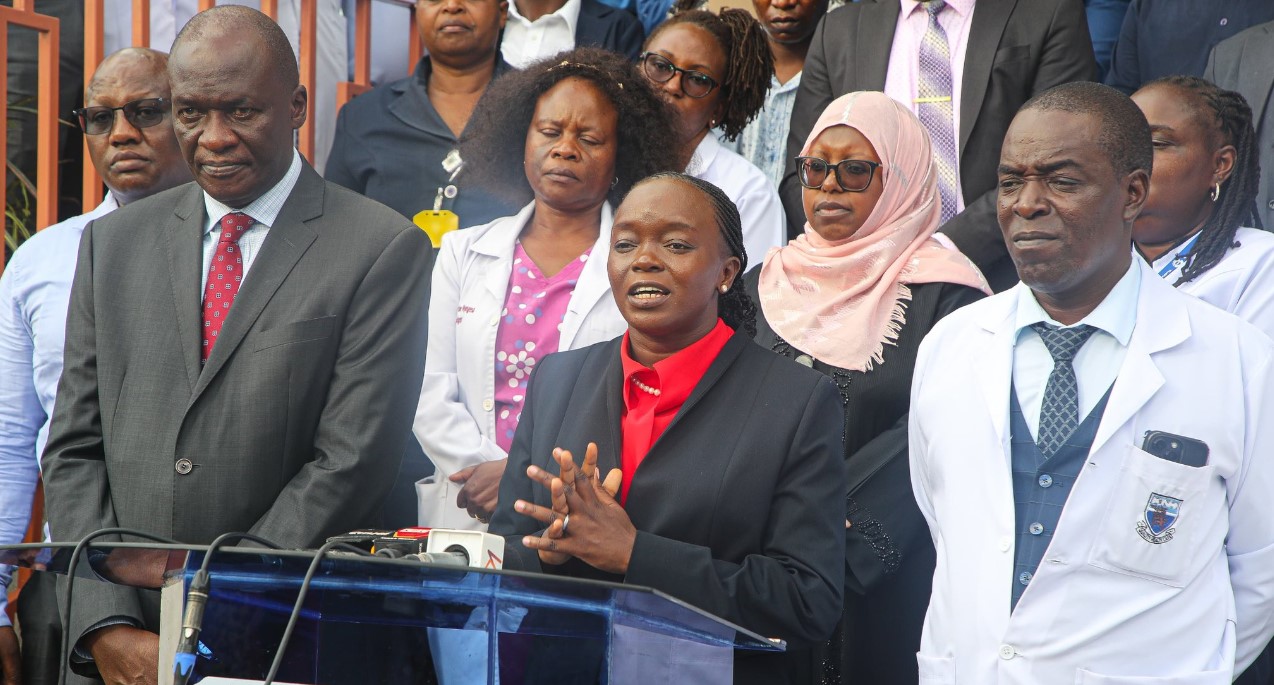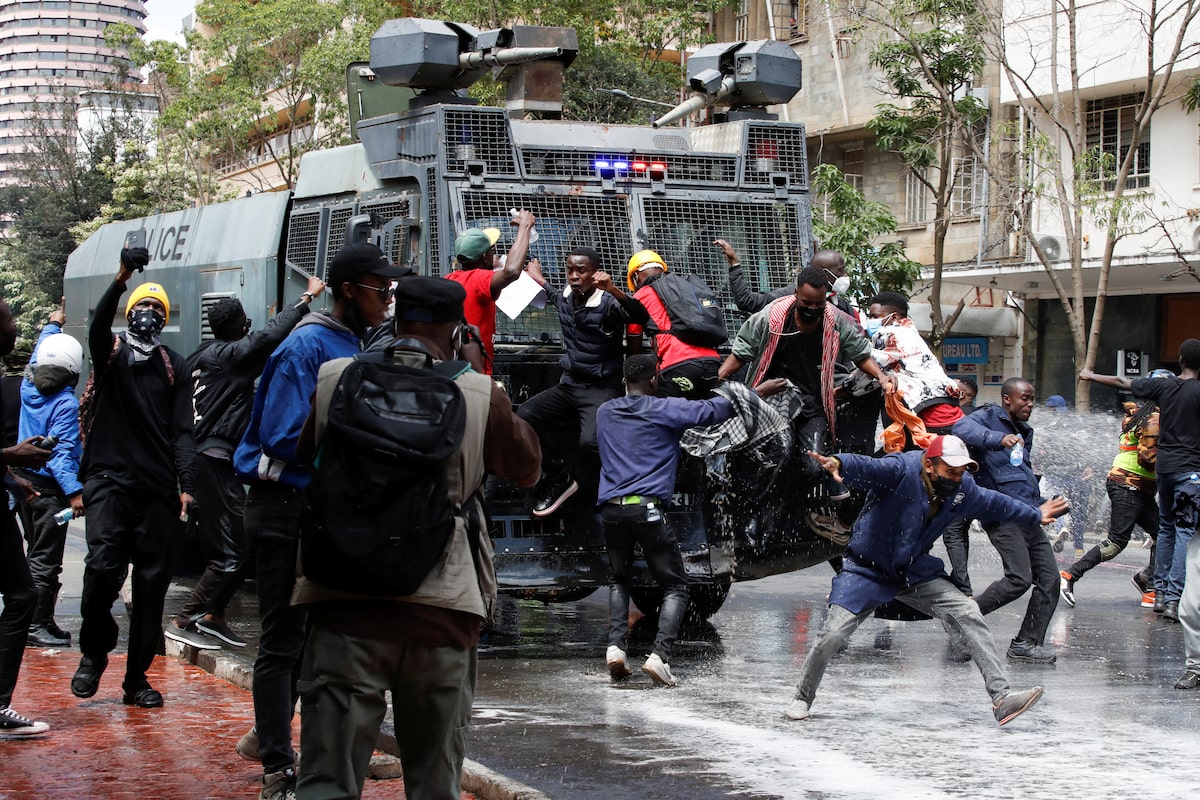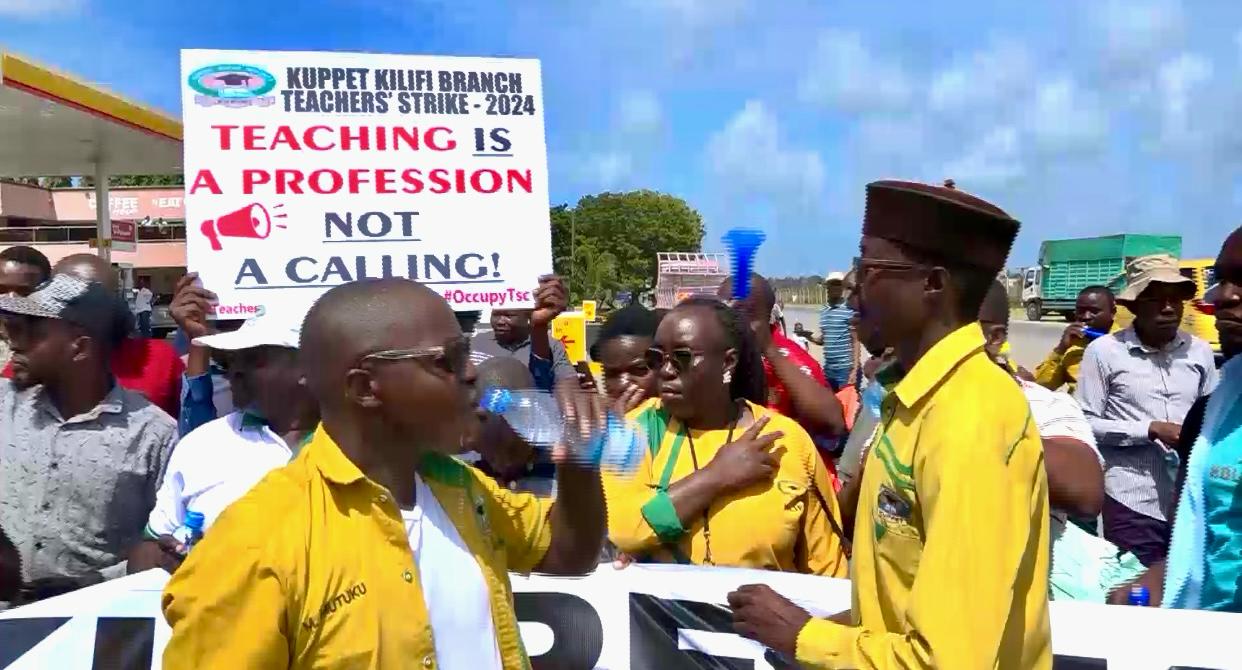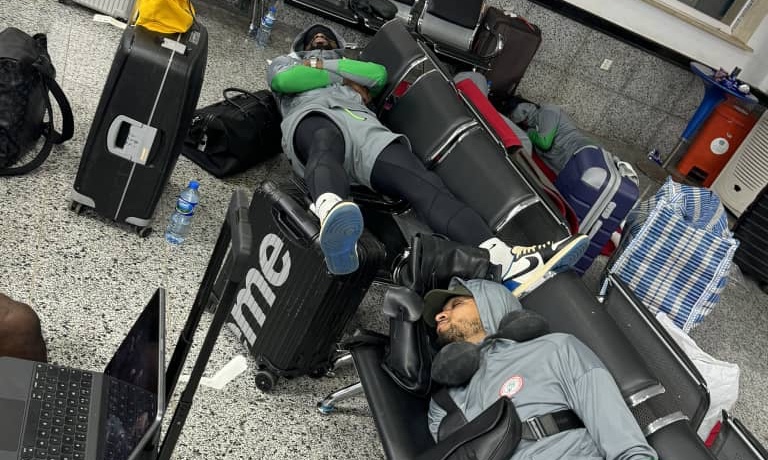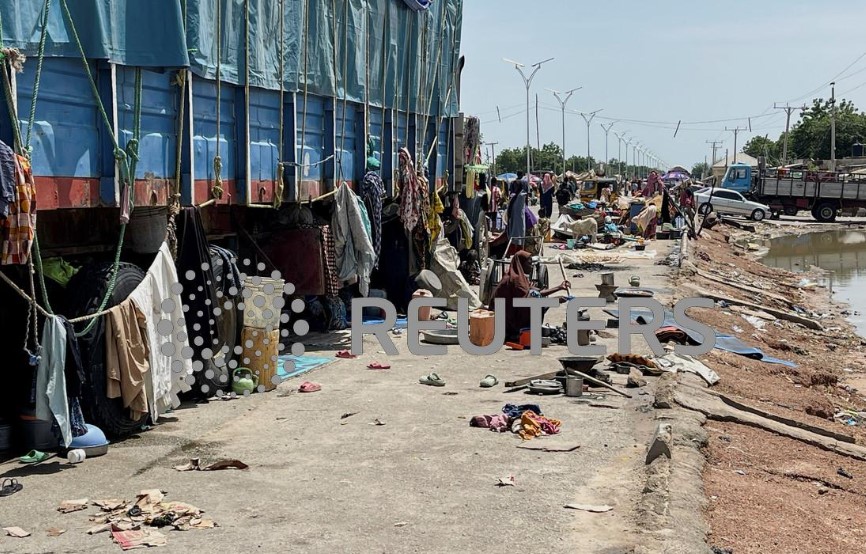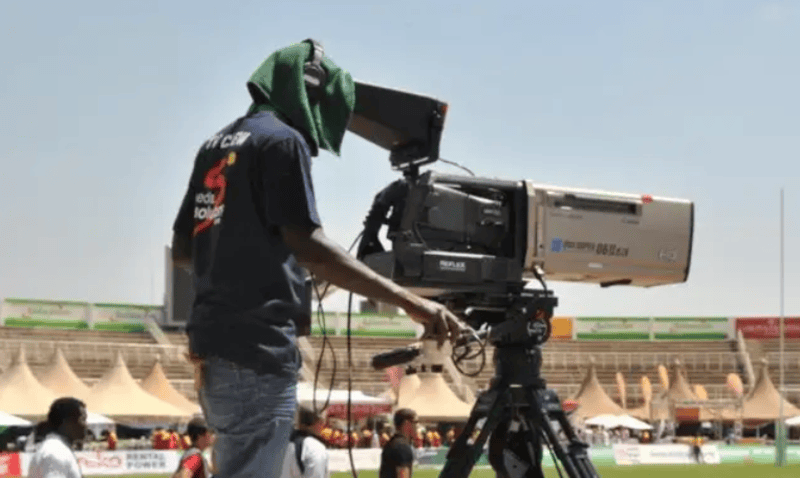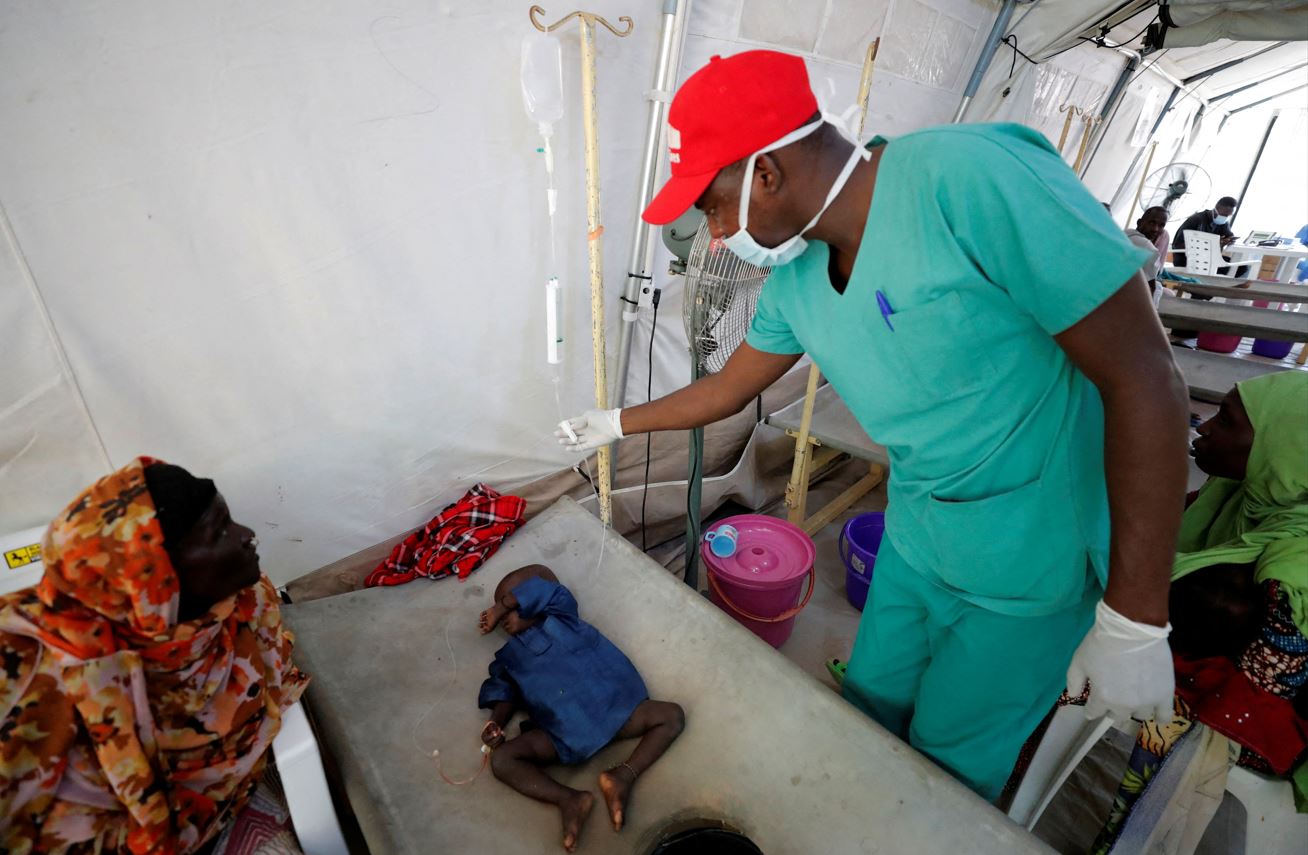Nigeria struggles to contain worst diphtheria outbreak

By AFP |
Nigeria is battling to contain the outbreak, which has killed around 800 people and infected 14,000.
Three nurses care for a 10-year-old girl at a clinic treating dozens of patients in Kano, northern Nigeria, amid the country's worst diphtheria outbreak which has killed hundreds of people since the start of the year.
The girl lays inside a glass cubicle with a severe case of the contagious disease.
Keep reading
"We have to admit her to the intensive care unit," Usman Hassan, a medic in charge of the clinic at Kano's largest hospital told AFP, his face covered by a mask.
Nigeria is battling to contain the outbreak, which has killed around 800 people and infected 14,000. It has spread to almost half of the country's 36 states, with Kano accounting for the bulk of cases and deaths.
The clinic at Murtala Muhammad Specialist Hospital is one of two health facilities run by the French medical charity MSF in Kano, the epicentre of the epidemic.
"As of Thursday, Kano has reported 10,700 diphtheria cases with more than 500 fatalities," Hashim Juma Omar, a doctor overseeing MSF diphtheria intervention in Kano, told AFP.
Entry to the 90-bed clinic is strictly controlled to prevent the spread of the infection.
"We are currently seeing more than 700 people with suspected diphtheria and admitting more than 280 patients on a weekly basis in the two diphtheria treatment centres," said Omar.
Nigeria's Centre for Disease Control declared an outbreak of diphtheria in January after cases began to surface in May last year.
It "has already surpassed the worst outbreak which had 5,039 cases in 1989," an MSF spokesman said last month.
Diphtheria is a highly contagious and potentially life-threatening bacterial disease which affects the respiratory tract and skin.
Without treatment, it can kill half of those infected and is still fatal in five per cent of patients who receive treatment.
"Women and children aged under five are the most vulnerable groups and are the people most affected right now in Kano state," said Omar.
Vaccine shortages
MSF warned a shortage in vaccine funding is an obstacle to ending the outbreak and called on the international community to offer support.
The medical charity has so far supplied 7,000 diphtheria vaccines to Kano while the UN children's fund UNICEF last month donated 1.2 million doses to the state.
MSF, which is also running diphtheria clinics in the northeastern Borno and Bauchi states, said these interventions were still inadequate.
"There is a global shortage of diphtheria vaccines, and the problem is at the production level due to dwindling production capacity," said Hussein Ismail, MSF project coordinator in Kano.
"It takes 15 days to produce a vial of the vaccine and global demand is high," he said.
Kano alone requires 31 million doses of the vaccine for at-risk groups, a difficult target to meet due to "supply constraints and funds", said Omar.
Although the outbreak is now "under control" as cases gradually drop, Omar expressed concern that the coming harmattan season may prove a challenge when respiratory tract infections increase.
Decline in immunisation
Routine immunisation has plummeted in Nigeria since the Covid pandemic when global attention focused on containing its spread and governments almost entirely committed health budgets to fighting the virus.
Kano health commissioner Abubakar Labaran Yusuf said the state accounted for 80 per cent of diphtheria infections in Nigeria because it missed routine immunisation for 19 months.
"That is the main reason for the upsurge we are seeing nowadays in Kano," Yusuf said, blaming the vaccination hiatus on the previous state government, which left power in May.
The drop in immunisation saw 25 million Nigerian children not vaccinated against fatal diseases in 2021 alone, according to MSF data.
Vaccine suspicion
Last week two mothers claimed their children developed kidney complications after diphtheria vaccines, reviving old vaccine safety fears that were rampant in the region.
A local radio station aired the mothers' claims which quickly circulated, with the audio shared online.
"These two claims have thrown a spanner into the works as many people are now sceptical of the diphtheria vaccine and we have to scale up public sensitisation," said Salma Ali-Suwaid, Kano health official in charge of diphtheria control.
Scandals such as the deaths of 11 Nigerian children in Kano in 1996, after they were administered an experimental meningitis vaccine by US pharmaceutical giant Pfizer, have not been forgotten.
For 13 months between 2003 and 2004, the state suspended polio immunisation following claims that the polio vaccine was laced with substances that could make girls infertile as part of a Western plot to depopulate Africa.
The suspension made Kano the epicentre of transmission to other regions of the world that were previously polio-free.
Although authorities resumed polio vaccination, suspicion about vaccine safety persists.
"The state government needs to intensify health campaigns to overcome vaccine hesitancy among the population which some associate with family planning," MSF's Omar said.
Reader comments
Follow Us and Stay Connected!
We'd love for you to join our community and stay updated with our latest stories and updates. Follow us on our social media channels and be part of the conversation!
Let's stay connected and keep the dialogue going!

